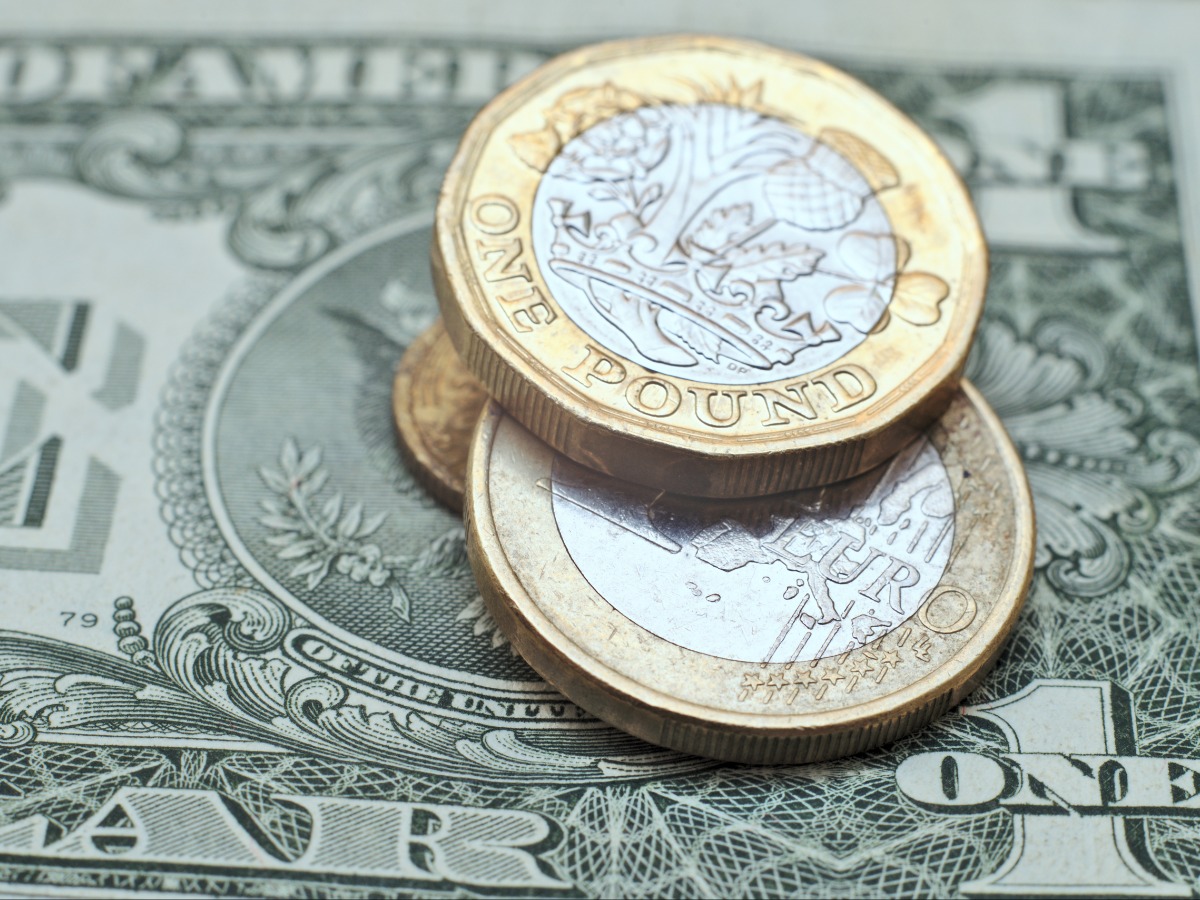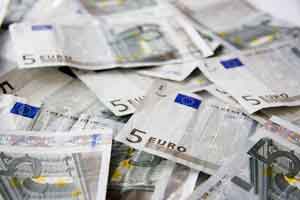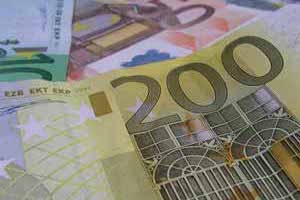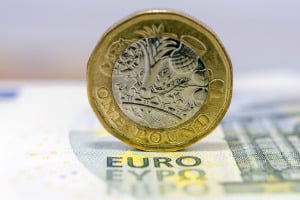Pound To Euro Rate Retreats From 2025 Highs On EUR Relief From German Elections
Euro exchange rates strengthened on Monday following the German election results.

Euro exchange rates strengthened on Monday following the German election results.
EUR/USD broke above 1.0500 level before fading with the Pound to Euro exchange rate (GBP/EUR) retreating to 1.2050 before settling around 1.2065.
There was relief that populist parties did outpace opinion polls and increased optimism over a grand coalition, which would make decisive government more likely.
According to Danske Bank, “The German election makes a two-party government between the conservative CDU/CSU and the Social Democrats (SPD) the most likely result (75%), which is a positive outcome for the German economy.”
There will, however, still be major complications surrounding overall economic policy and the incoming government will face a daunting agenda with a focus on Ukraine and wider relations with the US including the threat of trade tariffs.
ING expects that the Euro will be driven “primarily by US tariffs and US-Russia-Ukraine peace talks.”
The CDU/CSU party were confirmed as the largest party with around 28.5% of the vote.
The far-right AfD party were confirmed in second place with 20.8% while the out-going SPD party slumped to third place.
Significantly, the liberal FDP party which helped trigger the election, failed to reach the 5% threshold to enter parliament.

This failure means that the combined CDU and SPD will have a majority in parliament, increasing the potential for a grand coalition.
According to Ipek Ozkardeskaya, senior analyst at Swissquote Bank, “The kneejerk reaction is a swift rebound of the euro and the equity futures on hope of higher spending by the new German government would tackle the economic weakness of past years.”
MUFG expressed cautious optimism; “we have argued that this election could be the catalyst for some positive momentum in terms of economic policies that help to lift growth expectations later this year for better growth in 2026 and onwards.”
Berenberg’s Holger Schmieding pointed out that the AfD and The Left will have over 33% of the seats and can veto any changes to the constitution.
In this context, he pointed out difficulties in navigating the complex situation; “Getting The Left to agree to a debt brake reform that is primarily needed to raise defence spending, including more help for Ukraine, could also be very difficult. The Left would like to ditch the debt brake. However, its agenda (soak the rich, spend more on welfare and less on defence) is the very opposite of the Merz agenda. Never say never, but finding room for compromise would be an uphill struggle, to put it mildly.”
According to ING, “It is hard to see that the next government will be able to deliver much more for the economy than a short-lived positive impact from some tax cuts, small reforms and a bit more investment. That is, unless the next government has really read the sign of the times.”
Deutsche Bank expects there will be a defence deal; “In our view, Europe’s challenged security architecture makes it highly likely for CDU/CSU and SPD to agree on higher defence spending in principle.”
Deutsche, however, also pointed to difficulties in changing the constitution; “We believe this could be seen as a negative by markets in terms of reducing the likelihood of a decisive fiscal regime shift in Germany.
Popular Conversions
- Pound to Euro
- Pound to Dollar
- Pound to New Zealand Dollar
- Pound to Australian Dollar
- Pound to Canadian Dollar
- Euro to Pound
- Dollar to Pound
- Euro to Dollar
Financial Market Newsflash
No financial news published today. Check back later.














